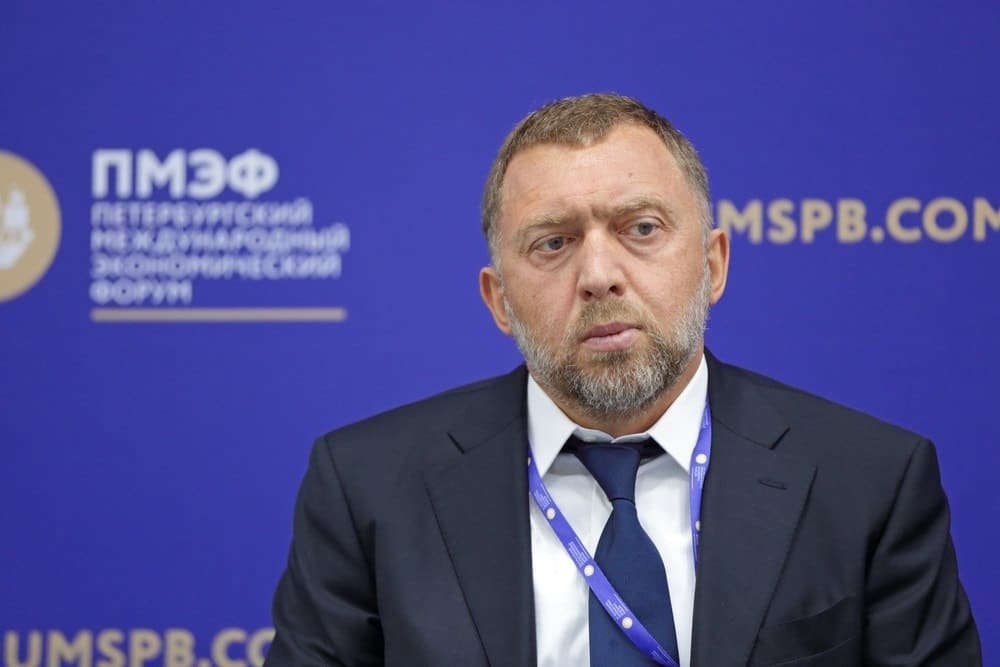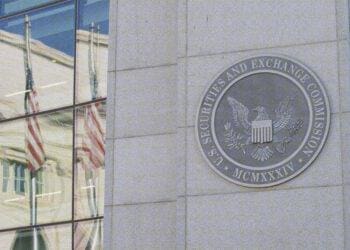A Compliance Challenge
On April 6, the U.S. imposed economic sanctions on a number of Russian individuals and entities (specially designated nationals, or SDNs). Wendy Wysong, Nick Turner and Ali Burney offer insights into how these sanctions will impact U.S. and non-U.S. persons and businesses.
with co-authors Nick Turner and Ali Burney
The most recent U.S. economic sanctions on Russia target 38 individuals and entities as specially designated nationals (SDNs) in response to ongoing Russian activity against U.S. interests worldwide. In announcing the designations on April 6, 2018, the United States cited “a range of malign activity around the globe,” and stated that “Russian oligarchs and elites who profit from this corrupt system will no longer be insulated from the consequences of their government’s destabilizing activities.” For details, see this Clifford Chance client briefing, entitled “The U.S. Imposes Sanctions on Certain Russian Oligarchs, Prominent Companies and Government Officials in Response to Ongoing ‘Worldwide Malign Activity.’”
The impact of the U.S. sanctions will be felt, however, not just by the Russian oligarchs and elites, but by financial institutions and entities in China, Singapore, Hong Kong, Australia and other Asia-Pacific countries who have stepped in or considered stepping in to fill the vacuum left by their counterparts in the United States, U.K. and other Western countries that have sought to or been forced to distance themselves from Russia.
In particular, some of Asia’s biggest businesses and financial groups are investors, customers, board members and shareholders in companies linked to Oleg Deripaska, one of the designated individuals and owner of eight of the 12 listed companies. Indeed, a Singapore-based company with close ties to China invested one-third of the total funds raised in an IPO for one of his companies, EN+ Group. United Company RUSAL, another of his companies, is listed on the Hong Kong stock exchange and owns stakes in refineries and nickel mines in Australia.
New Designations Require Property to be Frozen
The United States gave advance notice of its adversarial interest when Congress ordered the publication of a list of 114 Russian “senior political figures” and 96 Russian “oligarchs” in late January 2018, including Deripaska, but did not impose any sanctions until now. The January list included six of the seven oligarchs designated on April 6, including Russian President Vladimir Putin’s son-in-law, Kirill Shamalov, Deripaska and Igor Rotenberg, who had received 79 percent of the Russian oil and gas drilling company Gazprom from his father Arkady Rotenberg, following the latter’s OFAC designation in March 2014. It may not have been a coincidence that Derispaska stepped down from EN+ after the January list was published.
The April 2018 designations have the effect of blocking the assets of the seven Russian oligarchs, 12 prominent companies owned or controlled by them, 17 senior Russian government officials, a state-owned Russian weapons trading company and its Russian bank subsidiary. As a result, U.S. persons are prohibited from engaging in commercial activity with the designated individuals and entities, as well as with entities owned 50 percent or more by them directly or indirectly, unless authorized by an OFAC license. In addition, U.S. persons are required to block the property and interests in property of the SDNs that come within their possession or control.
Some breathing room is provided through the issuance of two new general licenses in connection with these designations. General License 12 authorizes — but only until June 5, 2018 – U.S. persons to engage in activities necessary and ordinarily incident to the maintenance or wind-down of existing operations, contracts or agreements with the 12 newly designated companies and their 50-percent-or-more-owned subsidiaries. General License 13 authorizes — but only until May 7, 2018 – U.S. persons to engage in activities “that are ordinarily incident and necessary to divest or transfer debt, equity or other holdings” in three of the designated companies (EN+ Group PLC, GAZ Group and United Company RUSAL PLC) to non-U.S. persons or to facilitate such transfers between non-U.S. persons. However, both licenses are subject to several exceptions, include lists of unauthorized activity, such as the export of goods from the United States, and require detailed reports to the OFAC on activity by U.S. persons pursuant to the licenses.
Secondary Sanctions Risk
Non-U.S. persons that knowingly facilitate “significant” transactions, including “deceptive or structured transactions,” for or on behalf of a blocked person may themselves face blocking sanctions.
In addition, non-U.S. financial institutions that knowingly facilitate a “significant financial transaction” on behalf of any Russian SDN or blocked person may face sanctions on their correspondent or payable through accounts. OFAC has stated in its published Frequently Asked Questions that it will interpret the term “facilitated” broadly for purposes of enforcing this provision. However, in another FAQ, OFAC confirms a transaction is not “significant” if a U.S. person would not require a specific license to engage in it, including if it is authorized by an OFAC general license. Non-U.S. persons could therefore engage in winding down activities under General License 12 or debt or equity transfers under General License 13 without risking secondary sanctions.
Conclusion
Identifying, untangling and ensuring compliance with applicable anti-money laundering and economic sanctions laws will be a challenge given the spiderweb of Russian interests implicated by the new sanctions. Given the short deadlines for General Licenses 12 and 13, companies in Asia-Pacific will need to act fast to manage their exposure to primary or secondary U.S. sanctions risks.



 Wendy L. Wysong is a partner at
Wendy L. Wysong is a partner at 









